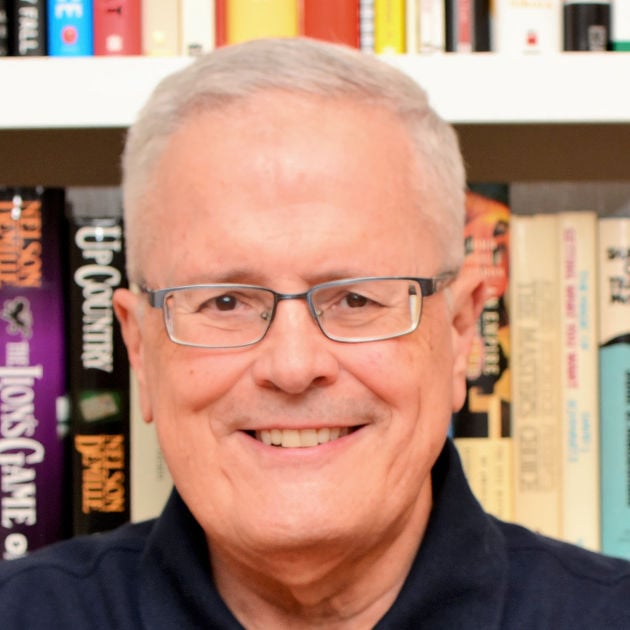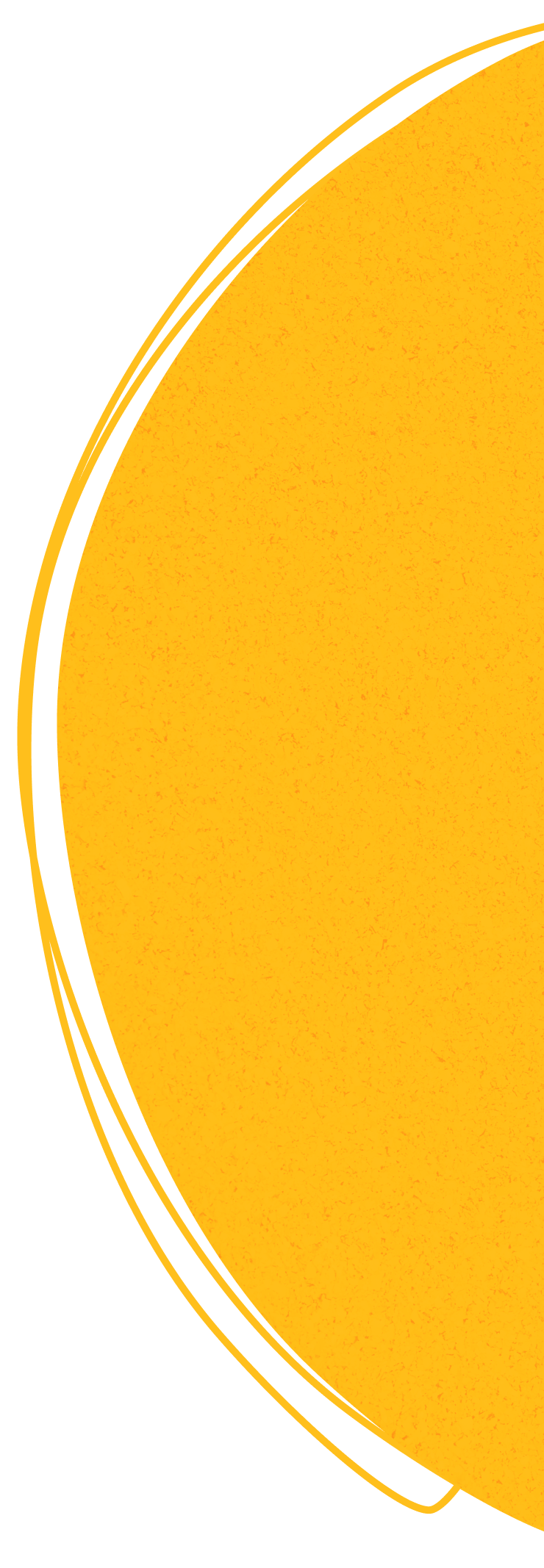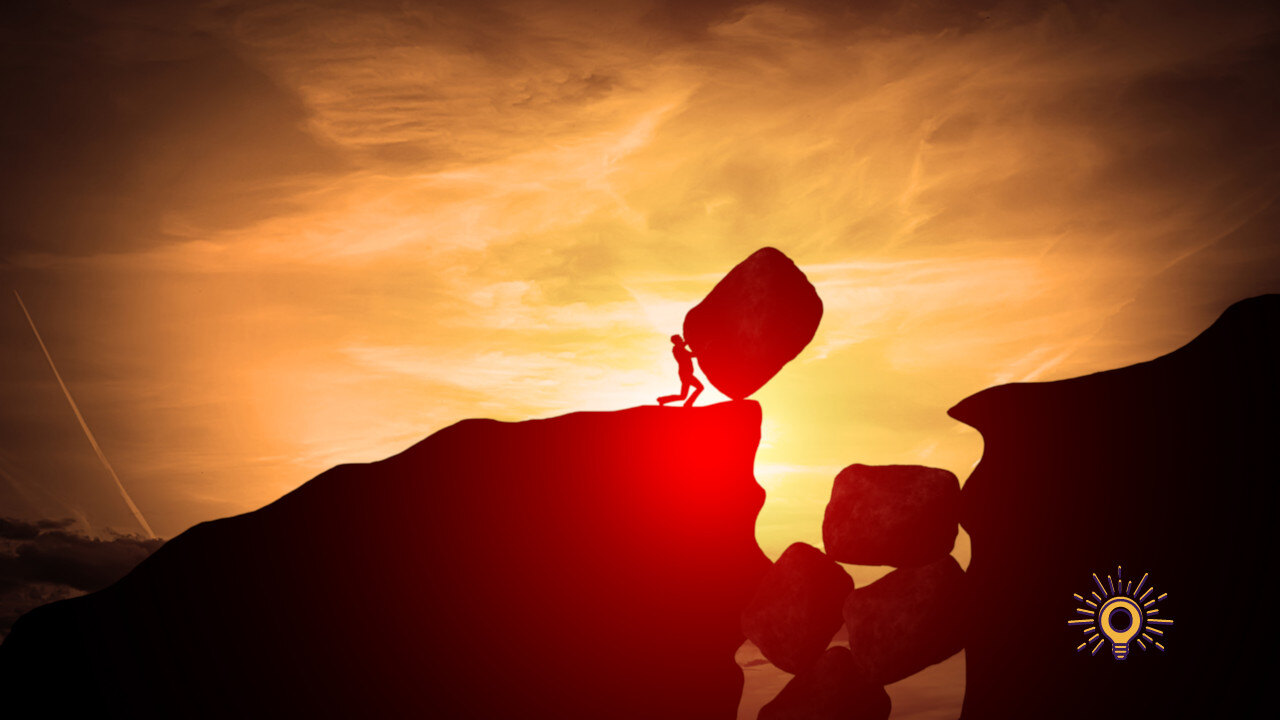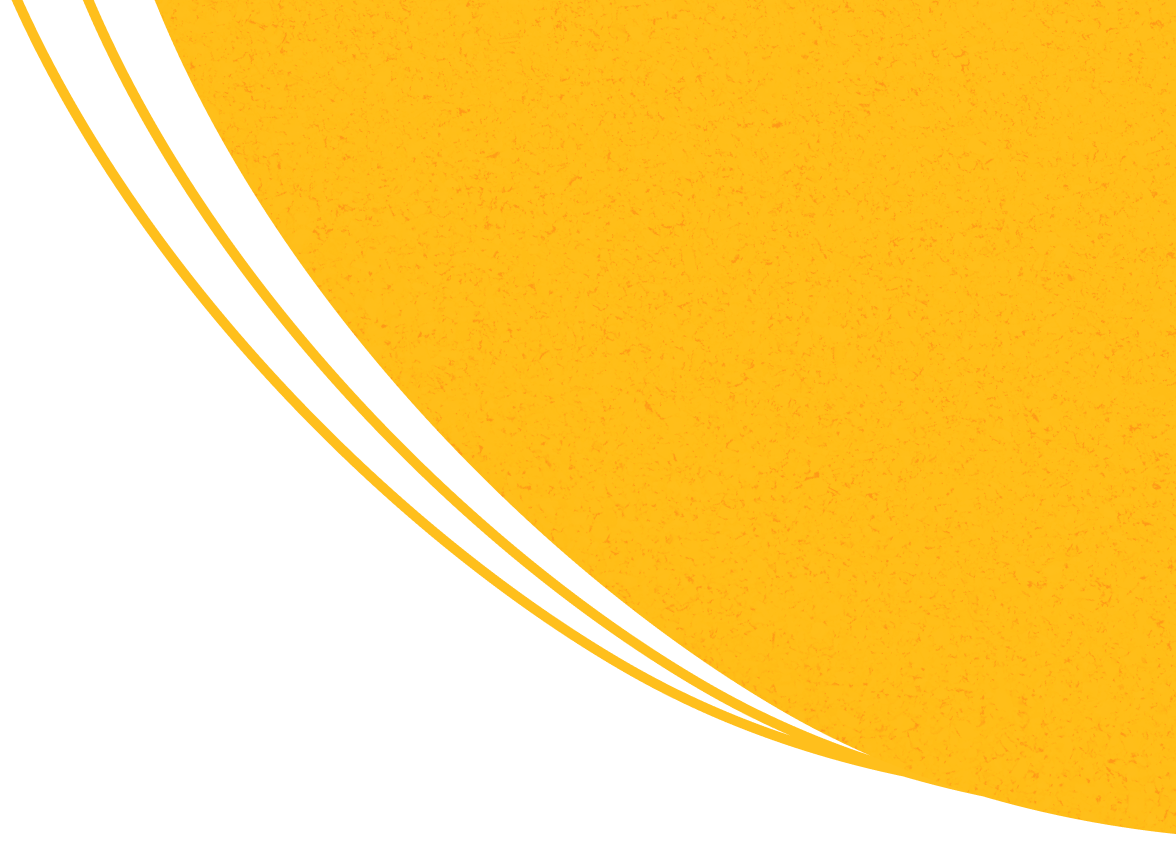Why can’t we just talk? At our core, I believe that most of us are decent human beings who truly care about what’s going on in this world.
Yet our media and politicians seem focused on dividing us. Clearly, they benefit from doing this. Ultimately, they turn ordinary people into verbal bomb throwers. Zing! End of discussion.
No progress is made in solving the crucial problems facing our communities, our countries, and the world. And we need to change that!
 Recently, I conducted a series of interviews with Carlos Quintero, the leader of EKG Power. Bridging the Divide is a 5-part interview series with Carlos Quintero, the leader of EKG Power.
Recently, I conducted a series of interviews with Carlos Quintero, the leader of EKG Power. Bridging the Divide is a 5-part interview series with Carlos Quintero, the leader of EKG Power.
We focus on what we, as individuals, can do to create the right environment to come together, find common ground and take action.
Listen to the first interview, or scroll below to read the text.
JILL KONRATH: Hi there. I'm Jill Konrath from What's Really Possible. I'm here today with Carlos Quintero, who’s the leader of EKG Power out of South Carolina. Thanks for being here today, Carlos.
CARLOS QUINTERO: My pleasure. Delighted to be here.
JILL: Well, I'm glad you're here too because we're going to talk about the Great Divide in our country, in our world, in our cities, in our families. We're going to talk about the Great Divide and what we can do about it. What's your perspective on this?
CARLOS: Well, it's easy to be overwhelmed. According to Robert Middleton, 64% of people say that they’re absolutely overwhelmed with all the stress and anxiety they have.
But when you think about the Great Divide, we really need to look at it from a different context. Because we're being bombarded by so many comments and statements, we need to organize it. So, when I look at the variety of divides, to me, the big one is the political divide. The economic divide is also a big one.
JILL: And that’s growing. If you look at any research on the economic divide, the rich are getting richer, and the rest of us are not.
CARLOS: And then there’s the education divide. Yes, education all over the world. So, gender is a big one. Women have made such a phenomenal advancement over the last several hundred years, but it's still infinitesimal compared to what it needs to be.
JILL: And let me just say, it's not just women and men anymore. We have many other identifications that people would do it, which is causing more divides.
CARLOS: Absolutely, no question.
JILL: The other thing I see is the urban and rural divide. It's like people from cities live in different worlds than people who live in the outlying areas and the Great Plains versus the big metro areas. It's a very different life and a very different set of beliefs in those different areas.
CARLOS: No question. And that's why it can be overwhelming when we think about the great divide with all these things coming at you at one time. So, you have to somewhat take it one piece at a time or a couple at a time, not try to take all of them.
JILL: Well, let me see if I could take the climate divide and the health care divide and throw it in with the political divide. How are we doing now?
CARLOS: I think we already talked about at least eight or nine of them.
JILL: That’s what's so hard. And like you said, it's coming at us from every direction with social media, television, any place that you go, people are strongly espousing their beliefs—which you may or may not believe in.
That just makes people madder. I get nervous when people are getting madder. We have all these challenges that need solving. Yet nothing happens when people can't even talk to the other side. When they cross their arms and get that look on their face like “What's wrong with you?”—we can't talk to them.
CARLOS: So, what's the answer, Jill?
JILL: Oh, I'm not the answer. You're here today because you have some answers, and that's what I want to know. What do we have to do to bridge this Great Divide?
CARLOS: Well, I think that, as anything, it's important to acknowledge its existence. If you don't acknowledge that the Great Divide exists, then you're just going to be throwing darts everywhere.
So, first, we need to acknowledge whatever divide we’re talking about. Second, you need to be very open in communications, right? And specifically focused on constructive dialogue because that at least allows us to understand the context for that particular divide.
As a result, you then may need to develop and implement policies to deal with that particular divide, whether it be rules for you in the house, with your family, or whether it be related to work and the people that you work with. Those are the same kinds of things.
Because, ultimately, we need to create a culture of inclusivity and shared responsibility.
JILL: Yeah. And I think most of us would really like that shared responsibility and accountability. Most people would like it because there's so much blame going back and forth about people not doing their share in every such way.
But you said collaboration, how important it is, and constructive dialogue. That's an interesting term. Can you tell us a little bit about that?
CARLOS: Well, let me say it this way. The answer begins with empathy.
JILL: Empathy?
CARLOS: Empathy. It’s part of EKG—which stands for empathy, kindness and gratitude.
JILL: EKG. Empathy, kindness & gratitude. Everybody thinks EKG is a medical term, and you're not a medical doctor like that. You are somebody who's trying to heal the rifts between all of us.
CARLOS: Well, empathy, kindness, and gratitude are very powerful, but they begin with empathy. It begins with empathy because that's where things need to begin.
JILL: Yes. So how would you define empathy and what's your philosophy around it?
CARLOS: Empathy is identifying and understanding another person's feelings, emotions, or situation. That's first. It's really the idea.
JILL: It's about the feelings first.
CARLOS: Right. Because you're trying to deal with the people divide—which happens to include a lot of emotion.
JILL: Right.
CARLOS: And people’s feelings can rise to difficult levels. It's the ability to understand people from their perspective, where they're coming from, and what their issues are.
Understanding other's needs is very critical in the process. We want to be able to communicate with compassion and truly caring. That’s why the whole idea of empathy is such a powerful skill and such a powerful absence with many people today.
JILL: That’s true. I don't think we're seeing a lot of empathy. Instead, we're seeing a lot of anger. And people trying to talk others into their beliefs—which isn’t working so well.
CARLOS: Right. So that's a little bit of an intro into how we get started.
JILL: That sounds good. And next time, when we get together, we're going to really learn why empathy truly is the secret sauce in solving the Great Divide.
CARLOS: Absolutely.
JILL: Okay, and we'll be back soon, so thanks for joining us. Over and out.







